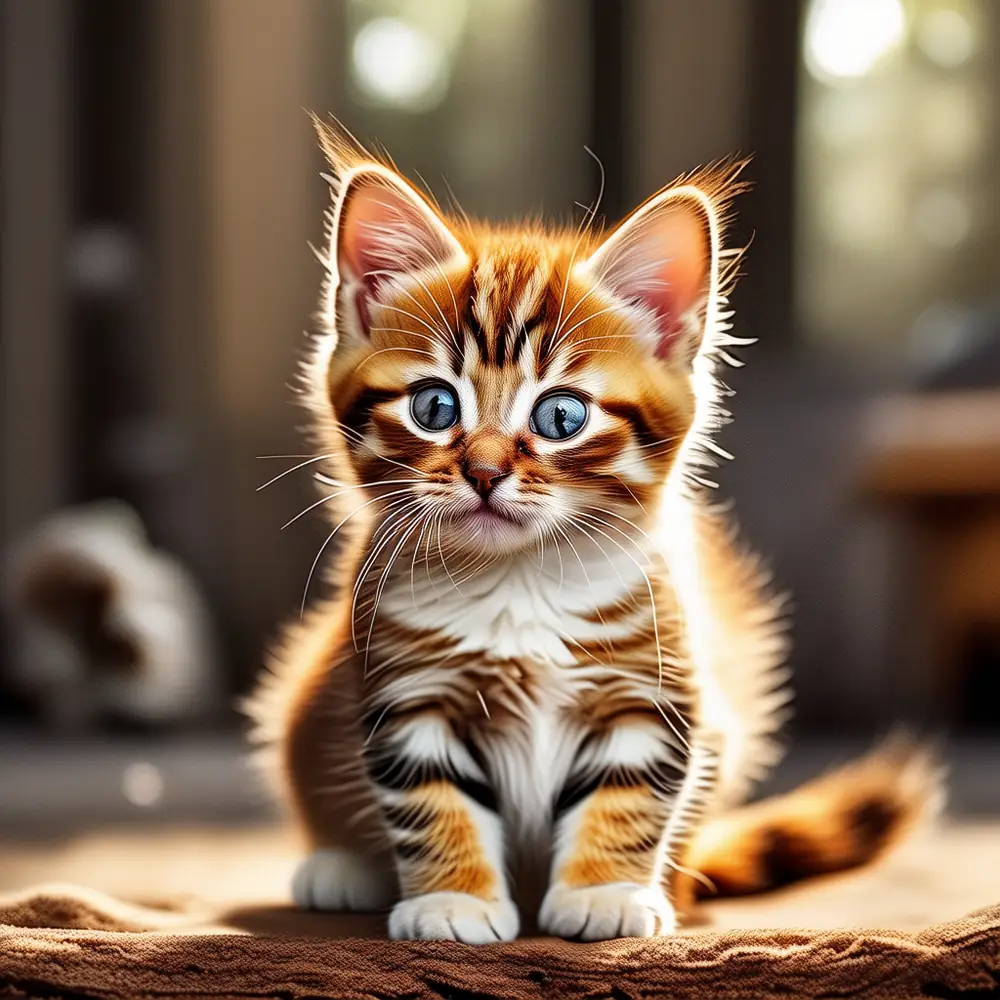Feeding Finesse: Navigating Your Cat's Special Dietary Needs
Every cat is a unique little furball, and just like us, they have their own set of dietary needs. Whether your feline friend is dealing with a health condition, has a sensitive tummy, or simply prefers a certain type of food, understanding and catering to these special requirements can make all the difference in their overall well-being. Proper nutrition not only keeps your pet healthy but also helps prevent future health issues, ensuring many happy years of purring and playing.
One of the most common special dietary requirements for cats is managing food allergies. Just like humans, cats can be allergic to certain ingredients, such as chicken, beef, or dairy. If you notice symptoms like itchy skin, vomiting, or diarrhea, it might be time to switch to a hypoallergenic diet. Look for foods that are labeled as "limited ingredient" or "novel protein," which means they contain fewer potential allergens. For example, a diet based on venison or duck might be a good choice if your cat is allergic to more common proteins.
Another important consideration is weight management. Obesity in cats can lead to serious health problems, including diabetes, arthritis, and heart disease. To help your cat maintain a healthy weight, opt for high-protein, low-carbohydrate diets. These types of foods can help your cat feel full while providing the necessary nutrients without the extra calories. Additionally, portion control and regular feeding schedules are key. Instead of free-feeding, try dividing your cat’s daily food allowance into 2-3 smaller meals throughout the day.
For senior cats, special dietary needs often revolve around supporting joint health and kidney function. As cats age, they may develop conditions like osteoarthritis or chronic kidney disease. Foods formulated for senior cats typically include added glucosamine and chondroitin for joint support, and reduced phosphorus and sodium levels to ease the burden on the kidneys. Brands like Hill’s Science Diet and Royal Canin offer specialized formulas for senior cats, making it easier to find the right fit for your aging feline friend.
- Always consult with your veterinarian before making any significant changes to your cat's diet.
- Gradually transition to new foods over 7-10 days to avoid digestive upset.
- Read labels carefully to ensure the food meets your cat’s specific needs.
- Keep an eye on your cat’s weight and adjust portions as needed.
- Stay consistent with feeding times and amounts to establish a routine.
A common mistake many cat owners make is assuming that all cat foods are created equal. While it’s tempting to grab the first bag of kibble off the shelf, it’s essential to choose a food that aligns with your cat’s specific needs. Always read the labels and look for high-quality ingredients. Avoid foods with fillers, artificial colors, and preservatives, as these can exacerbate health issues.
Final Thought
Understanding and meeting your cat’s special dietary requirements is a crucial part of being a responsible and loving pet owner. By paying attention to their individual needs and choosing the right food, you can help ensure your feline friend stays healthy, happy, and full of energy for years to come.
